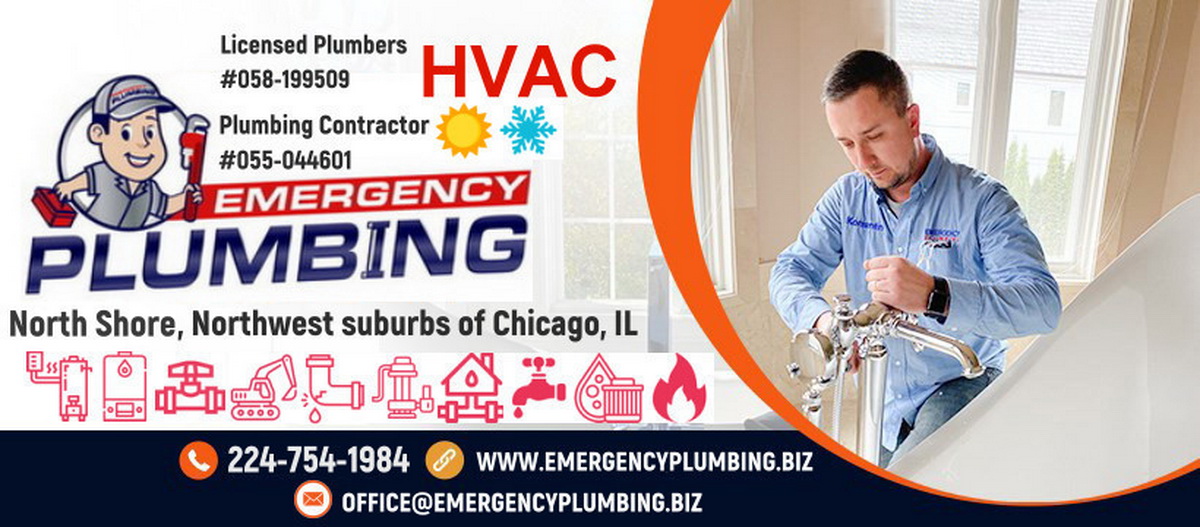Fixing a Running Toilet: Cost to Repair and What to Expect Nothing breaks a bathroom routine like a toilet that won’t stop running. A running toilet is usually caused by a few common issues, and most repairs fall into a few predictable cost ranges. Understanding the problem can help you decide whether to DIY or hire a plumber. What typically causes a running toilet A running toilet most often results from one of these problems: a faulty flapper, a misadjusted fill tube, a stuck float, a worn fill valve, or a problematic flush valve. In older toilets, the fill valve or flush valve may simply wear out and require replacement. A stuck flapper can continuously allow water to leak from the tank into the bowl. Cost breakdown by fix type Costs vary by part and whether you do it yourself or hire a professional. Here are typical ranges you might see: DIY minor adjustments (flapper, adjusting float): $10–$60 Flapper r ... Read more »
The Importance of Disconnecting Your Hose Reel from the Outside Spigot for Winter
As winter approaches, homeowners have a checklist of tasks to prepare their properties for the cold months ahead. One crucial but often overlooked item on this list is disconnecting your hose reel from the outside spigot. In this post, we'll discuss why this simple action is essential to protect your plumbing system and prevent costly damage during the winter.
1. Prevents Freezing and Burst Pipes: Water expands when it freezes, and if there is water trapped in your garden hose or connected to the spigot, it can freeze and expand within the pipes. This expansion can lead to burst pipes, resulting in costly repairs and water damage to your home. By disconnecting the hose, you ensure that no water remains trapped in the system.
2. Extends the Life of Your Hose: Leaving your hose connected during winter exposes it to freezing temperatures, which can cause the hose material to become brittle and crack. Disconnecting the hose and storing it indoors or in a protected area helps preserve its lifespan, saving you the expense of having to replace it in the spring.
3. Protects the Spigot and Plumbing: Outdoor spigots are vulnerable to freezing, and if water is left in the hose and spigot, it can freeze and damage these fixtures. Disconnecting the hose ensures that water drains from the spigot, reducing the risk of freezing and extending the life of this essential outdoor plumbing component.
4. Prevents Ice Dams and Icicles: Leaving a hose connected to the spigot can lead to the formation of ice dams and icicles, which can cause water to back up and damage your roofing and gutters. By disconnecting the hose, you minimize the risk of ice-related problems around your home.
5. Saves Energy and Water: A connected hose can act as a conduit for cold air to enter your home through the spigot and adjacent plumbing. This can lead to increased heating costs as your home's heating system works harder to combat the cold air infiltration. Disconnecting the hose helps maintain your home's energy efficiency.
Disconnecting your hose reel from the outside spigot before winter arrives is a simple yet essential task that can save you from costly plumbing repairs, extend the life of your hose and outdoor fixtures, and protect your home from the damaging effects of freezing temperatures. Make it a part of your annual winterizing routine to ensure a worry-free and well-protected plumbing system throughout the colder months.

Comments
Post a Comment